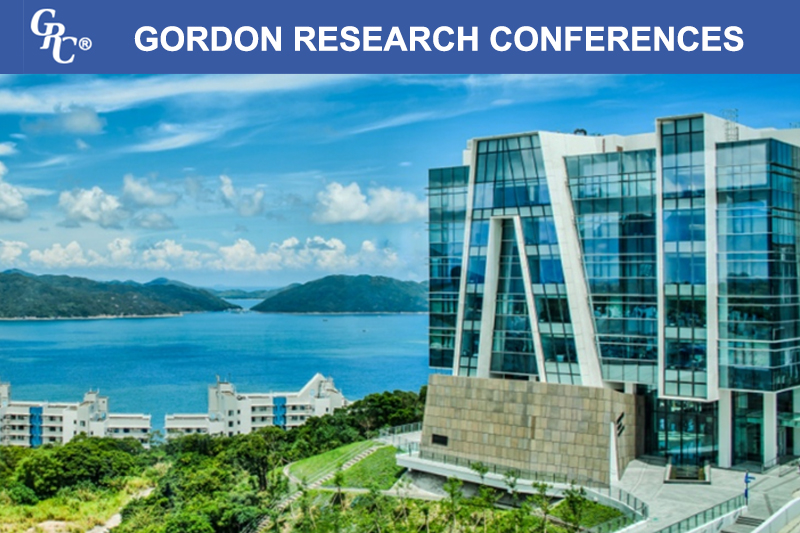Nano-Mechanical Interfaces
Overview
This conference series aim to address the fundamentals of material systems capable of producing a force, often on the order of nano-Newtons, over a displacement which is usually nanometer-sized, by converting a chemical, electrostatic, or magnetic energy into mechanical work and kinetic energy.
The successful development of frontier technologies relies on exploitation and full understanding of mechanical actuator systems, which usually have micron, sub-micron, and nano-scale dimensions. The solid materials involved in constructing such systems may span from polymers to metals and ceramics, and they are required to produce mechanical work through the conversion of other forms of energy. Apart from the more traditional actuator materials such as shape memory alloys or piezoelectric ceramics, newer examples may include bio-mimicking systems such as actin filaments which elongate by polymerization, hydrogels or nano-porous materials which swell by absorbing liquids, ordered chains of water molecules moving along carbon nanotubes by thermal fluctuations, and energy absorbing carbon nanotube forests. A defining feature of such systems is that their functionality is often governed by multi-faceted physical phenomena, for example coupling of solid and fluid mechanics, quantum mechanics, ion channelling and transport, polymerization, electrostatics and electrodynamics, interface barriers and mobility, and so on. One particularly relevant and compelling example is the marked volume change of the active electrode in a Li-ion rechargeable battery due to charging and discharging of Li ions. These processes are governed by the coupling between ion transport, solid and fluid mechanics, ion jump kinetics across the electrode/electrolyte interface, and so on. Historically, these subjects have been established as individual branches of physical science but the advent of these advanced material systems calls for an urgent need for a multi-disciplinary approach.
Chair
- Alfonso H.W. Ngan
Vice Chair
- Narayan R. Aluru



